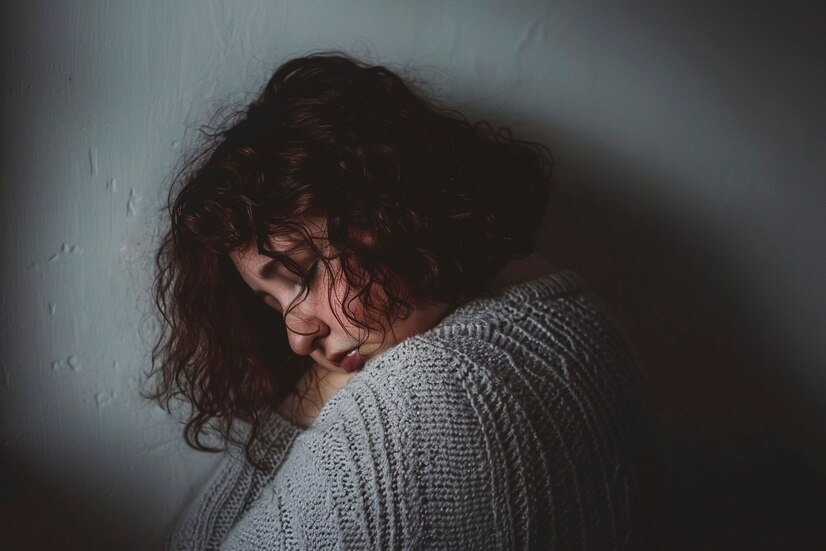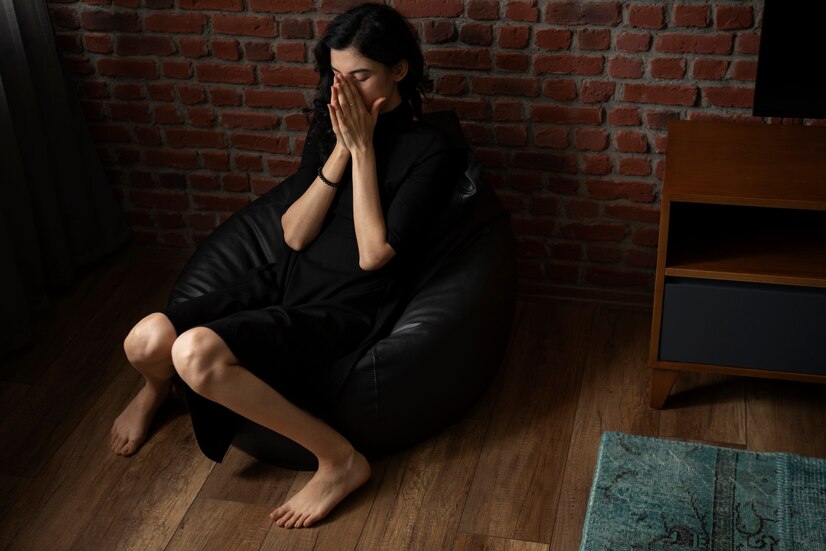Table of contents
In recent years, cannabidiol (CBD) has emerged as a popular natural remedy for a wide range of health concerns, especially in the realm of mental wellness. One of the most pressing and widespread mental health challenges today is depression. This has led researchers, health enthusiasts, and everyday people alike to explore an important question: Can CBD Help with Depression?
In this article, we’ll dive into the science behind CBD, examine the available research, and look at how it may support individuals struggling with depressive symptoms. Whether you’re considering CBD for the first time or simply researching the latest evidence, this guide will help you better understand how CBD Help with Depression may offer support.
What Is CBD and How Does It Work?

CBD is a naturally occurring compound found in the cannabis plant. Unlike its cousin THC (tetrahydrocannabinol), CBD does not produce psychoactive effects—meaning it won’t get you “high.” Instead, CBD interacts with your endocannabinoid system (ECS), a complex cell-signaling network that regulates mood, sleep, appetite, and more.
Researchers believe that CBD’s ability to influence serotonin receptors (particularly the 5-HT1A receptor) is a key reason behind its potential for supporting mental health. Since low serotonin levels are commonly linked to depression, this interaction is central to understanding how CBD Help with Depression might work.
What the Research Says: CBD and Depression

Although research is still evolving, several studies have begun to shed light on how CBD Help with Depression may be more than just a trend:
1. Animal Studies Show Antidepressant-like Effects
A study published in Molecular Neurobiology found that CBD exhibited fast and sustained antidepressant-like effects in animal models. These findings suggest that CBD may offer mood-regulating benefits through neuroplasticity and receptor modulation.
2. Human Trials Are Promising but Limited
While clinical trials in humans are fewer, a 2019 review in Frontiers in Psychology indicated that CBD could reduce anxiety and depression-related behaviors without the side effects common with pharmaceutical antidepressants.
3. Reduction in Anxiety and Stress
Since anxiety and depression often go hand-in-hand, CBD’s calming effects are also significant. Reducing chronic stress and anxiety may help alleviate symptoms of depression indirectly.
4. Sleep Improvement
Poor sleep is a common symptom of depression. CBD has been shown to improve sleep quality, which in turn can support better mental health and emotional regulation.
How People Use CBD to Support Depression

If you’re exploring how CBD Help with Depression, it’s important to understand the various methods of consumption. Each has its pros and cons, depending on your needs:
- CBD Oil/Tinctures: Taken sublingually for faster absorption and flexibility in dosage.
- CBD Capsules: Convenient and great for consistent daily use.
- CBD Edibles (like gummies): A tasty option, though slower to take effect.
- CBD Vapes: Provide quick relief, though may not be suitable for everyone.
- Topicals: Best for localized issues; not typically used for depression but may aid physical symptoms of stress.
A typical starting dose ranges between 10–25 mg per day. It’s wise to start small and monitor how you feel, increasing gradually as needed.
Is CBD a Replacement for Antidepressants?
It’s important to clarify: CBD is not a substitute for professional mental health treatment. While there’s growing evidence that CBD Help with Depression, it should be viewed as a complementary approach rather than a standalone cure. Anyone already on antidepressants should consult their healthcare provider before incorporating CBD, as it may interact with certain medications.
FAQs: CBD Help with Depression
Some users report feeling calmer within 30 minutes, while long-term benefits often appear after consistent daily use for a few weeks.
CBD may interact with some medications. Always consult your doctor before combining it with prescription treatments.
There is no universal dosage, but many start with 10–25 mg/day and adjust based on results and tolerance.
Most users tolerate CBD well, but potential side effects include fatigue, dry mouth, and changes in appetite or mood.
While rare, some individuals may experience mood changes or no benefit. It’s important to track your response and seek medical advice as needed.
Final Thoughts: Should You Try CBD for Depression?
The question, Can CBD Help with Depression, is one that researchers and individuals alike are exploring with increasing interest. While more human studies are needed, the early data and real-world testimonials are promising. Many find CBD to be a gentle, natural support tool in their mental health journey, especially when combined with therapy, a healthy lifestyle, and professional care.
If you’re considering trying CBD, start with a high-quality, lab-tested product and talk to a healthcare professional to make sure it aligns with your individual needs. Depression is complex—but having more tools like CBD in your mental health toolkit can be empowering.





